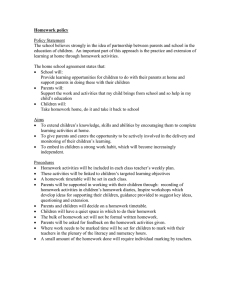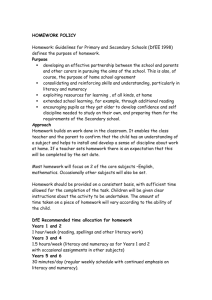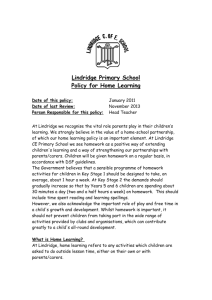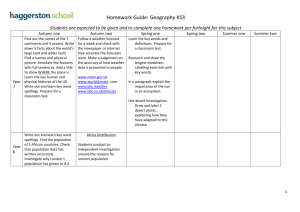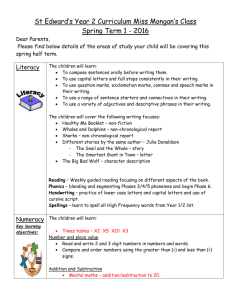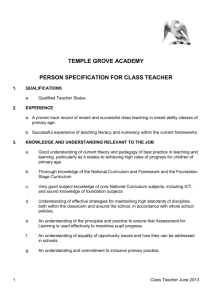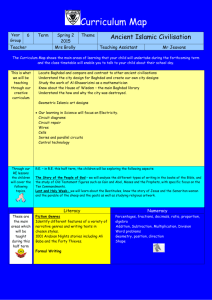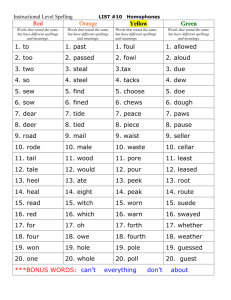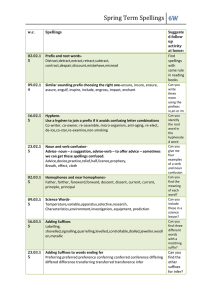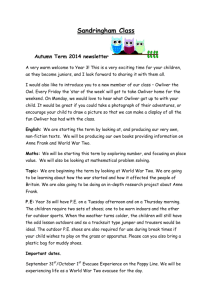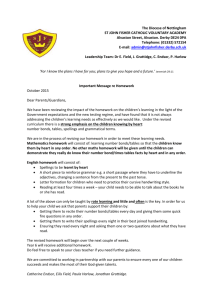Homework Policy - Carnlough Controlled Integrated Primary School
advertisement
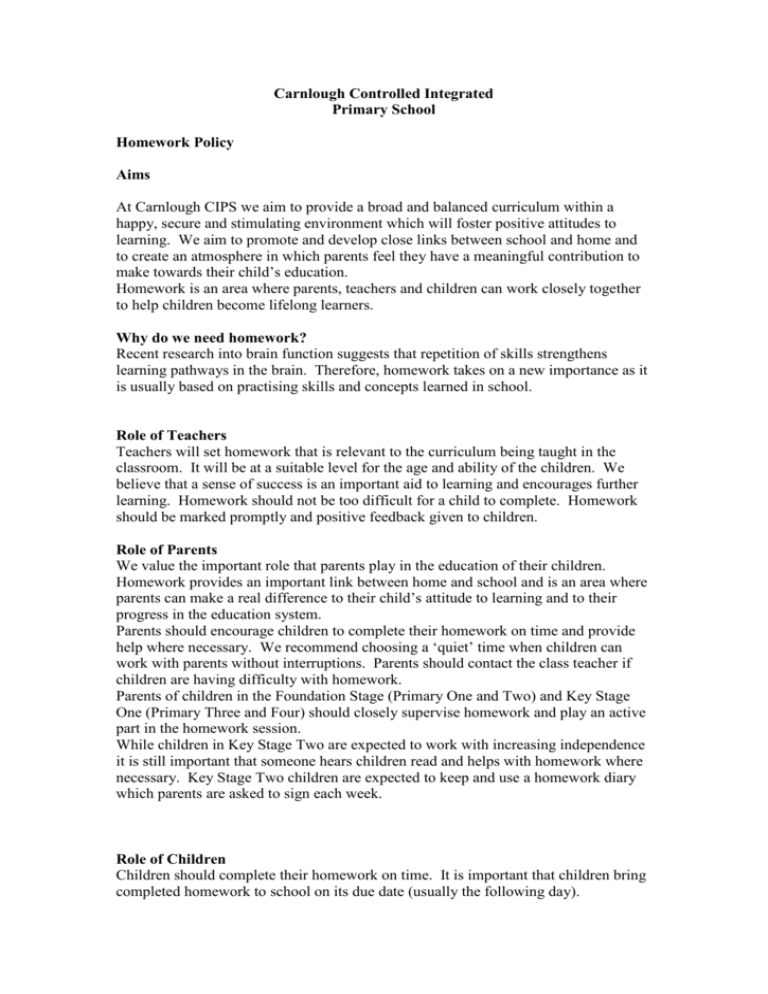
Carnlough Controlled Integrated Primary School Homework Policy Aims At Carnlough CIPS we aim to provide a broad and balanced curriculum within a happy, secure and stimulating environment which will foster positive attitudes to learning. We aim to promote and develop close links between school and home and to create an atmosphere in which parents feel they have a meaningful contribution to make towards their child’s education. Homework is an area where parents, teachers and children can work closely together to help children become lifelong learners. Why do we need homework? Recent research into brain function suggests that repetition of skills strengthens learning pathways in the brain. Therefore, homework takes on a new importance as it is usually based on practising skills and concepts learned in school. Role of Teachers Teachers will set homework that is relevant to the curriculum being taught in the classroom. It will be at a suitable level for the age and ability of the children. We believe that a sense of success is an important aid to learning and encourages further learning. Homework should not be too difficult for a child to complete. Homework should be marked promptly and positive feedback given to children. Role of Parents We value the important role that parents play in the education of their children. Homework provides an important link between home and school and is an area where parents can make a real difference to their child’s attitude to learning and to their progress in the education system. Parents should encourage children to complete their homework on time and provide help where necessary. We recommend choosing a ‘quiet’ time when children can work with parents without interruptions. Parents should contact the class teacher if children are having difficulty with homework. Parents of children in the Foundation Stage (Primary One and Two) and Key Stage One (Primary Three and Four) should closely supervise homework and play an active part in the homework session. While children in Key Stage Two are expected to work with increasing independence it is still important that someone hears children read and helps with homework where necessary. Key Stage Two children are expected to keep and use a homework diary which parents are asked to sign each week. Role of Children Children should complete their homework on time. It is important that children bring completed homework to school on its due date (usually the following day). In Foundation Stage and Key Stage One parents will usually help children organise their school bags but in Key Stage Two children should be working with increasing independence. By Primary Seven children should be able to keep a homework diary without teacher help and organise school bags and homework by themselves. We encourage children to show and discuss their homework with parents. Children should complete homework, taking care with handwriting and presentation. Any exercise books or textbooks taken home should be returned to school in good condition. It is especially important that children take time to learn spellings and tables, with parental help. Type of Homework Foundation Stage (Primary One and Two) ‘Home/school learning packs can help parents/carers support children’s learning development within the home. Any activities which are to be shared at home should be practical, enjoyable and fun. Parents/carers can also be encouraged to spend time talking with their children and involving them in everyday experiences. (‘Understanding the Foundation Stage’ CEA) Reading folders will be sent home on Mondays to be returned each Friday. Books will be familiar texts to children. At times, practical activities related to topic work in class will be sent home. Key Stage One (Primary Three and Four) Spellings, tables and reading will usually be part of homework from Monday to Thursday. Written or practical activities in Literacy, Numeracy or topic work will be introduced in Primary Three but will not be given every week. Homework should take about twenty minutes to complete. Key Stage Two (Primary Five to Seven) Spellings, tables and reading will usually be part of homework from Monday to Thursday. Written homework for Numeracy or Literacy will also be given on these days. There may, at times, be work given relating to other curriculum areas. Children may also wish to use the weekend to complete special projects but this is not compulsory. Written homework should take about half an hour to complete. Homework Not Completed Parents will be informed if children are not completing homework to a satisfactory standard or if children are not doing their homework. If a child is having difficulty with a particular homework parents should inform the class teacher as soon as possible. Children will be asked to complete unsatisfactory or incomplete homework at breaktime or lunchtime in school the next day. The only exception to this will be if a parent informs the school of circumstances which prevented a child from completing homework.
